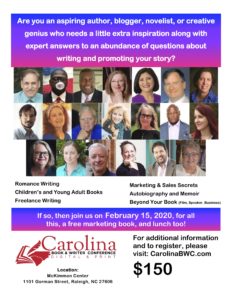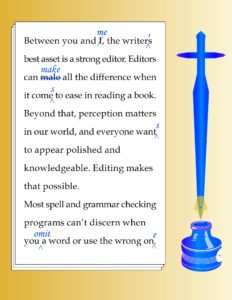Most of us go through our lives reiterating the same overused expressions and listless vocabulary. If we’re writers, hopefully we’ve made an effort to expand our language skills beyond the norm. But even writers can get slothful. How often do we actually dig for the perfect word or most meaningful expression?
English is ripe with juicy phrases and luscious language. As creatives we need to enrich and expand our lexicon to include those words that embrace deeper meaning and capture the fullness of our intentions.
Of course, we all seek to be understood and don’t want our readers to exit the story because the vocabulary is too rich for their tastes. They shouldn’t have to use a dictionary to decipher our writing. But words don’t have to be difficult in order to hold significance. Consider the opening of A Tale of Two Cities by Charles Dickens. Chances are we all probably know every word in that paragraph. Yet, each phrase is sculpted to perfection, and the cadence of cause reverberates through the words.
It was the best of times, it was the worst of times, it was the age of wisdom, it was the age of foolishness, it was the epoch of belief, it was the epoch of incredulity, it was the season of Light, it was the season of Darkness, it was the spring of hope, it was the winter of despair, we had everything before us, we had nothing before us, we were all going direct to Heaven, we were all going direct the other way—in short, the period was so far like the present period, that some of its noisiest authorities insisted on its being received, for good or for evil, in the superlative degree of comparison only.
At their best words embody their meaning and have the power to evoke a vision, a thought or emotion, perhaps even a purpose that speaks to the soul. And the way we string them together with our hopes and dreams, our immortal turns of phrase, can summon the stirrings of our finer selves and echo for eternity.
We can’t all be Dickens nor should we try, but we can bring the fullness of our own power to the writing. Sometimes we have to stretch readers toward more savory, sumptuous fare and flavor our manuscripts with luxurious phrasing, succulent synonyms, and pithy passages. Consider sprinkling your tale or tome with just the perfect mix of scintillating expressions and captivating word choice. Don’t just settle for the first thing that pops into your mind. Sit with the sentence, the paragraph, the passage and help the vocabulary to sing and the phrasing to waltz (or tango, salsa, rumba, etc., depending on your intentions).
If you’re a writer, especially one who creates fiction, invest in the use of words rich with texture and connotation. Infuse even more mundane language with uplifting turns of phrase that enliven the story and express your character’s truth.
My best advice as an editor is to read the classics to absorb the atmosphere that beautiful language can create. Don’t copy the style. We each must rely on our own inner voice. But pay attention to the means by which those great writers engage the reader both with language and style.

 The Triangle Book & Writer Conference is now the Carolina Book & Writer Conference. In its fourth year, the conference boasts more expert panelists than ever. Join us on Saturday, February 15, at the McKimmon Center, 1101 Gorman Street, Raleigh, North Carolina, on the NC State Campus.
The Triangle Book & Writer Conference is now the Carolina Book & Writer Conference. In its fourth year, the conference boasts more expert panelists than ever. Join us on Saturday, February 15, at the McKimmon Center, 1101 Gorman Street, Raleigh, North Carolina, on the NC State Campus. Spell and grammar checking programs are wonderful for what they can do, but there are so many things they can’t provide. All too often I have tried to wade through self-published books that weren’t edited properly (or at all) only to find myself bogged down in prose that contains countless errors. A few of the most common ones are misplaced, wrongly used or omitted words, run-on sentences, frequent redundancy, misuse of commas, subjective and objective case mistakes, and lack of subject-verb agreement.
Spell and grammar checking programs are wonderful for what they can do, but there are so many things they can’t provide. All too often I have tried to wade through self-published books that weren’t edited properly (or at all) only to find myself bogged down in prose that contains countless errors. A few of the most common ones are misplaced, wrongly used or omitted words, run-on sentences, frequent redundancy, misuse of commas, subjective and objective case mistakes, and lack of subject-verb agreement.